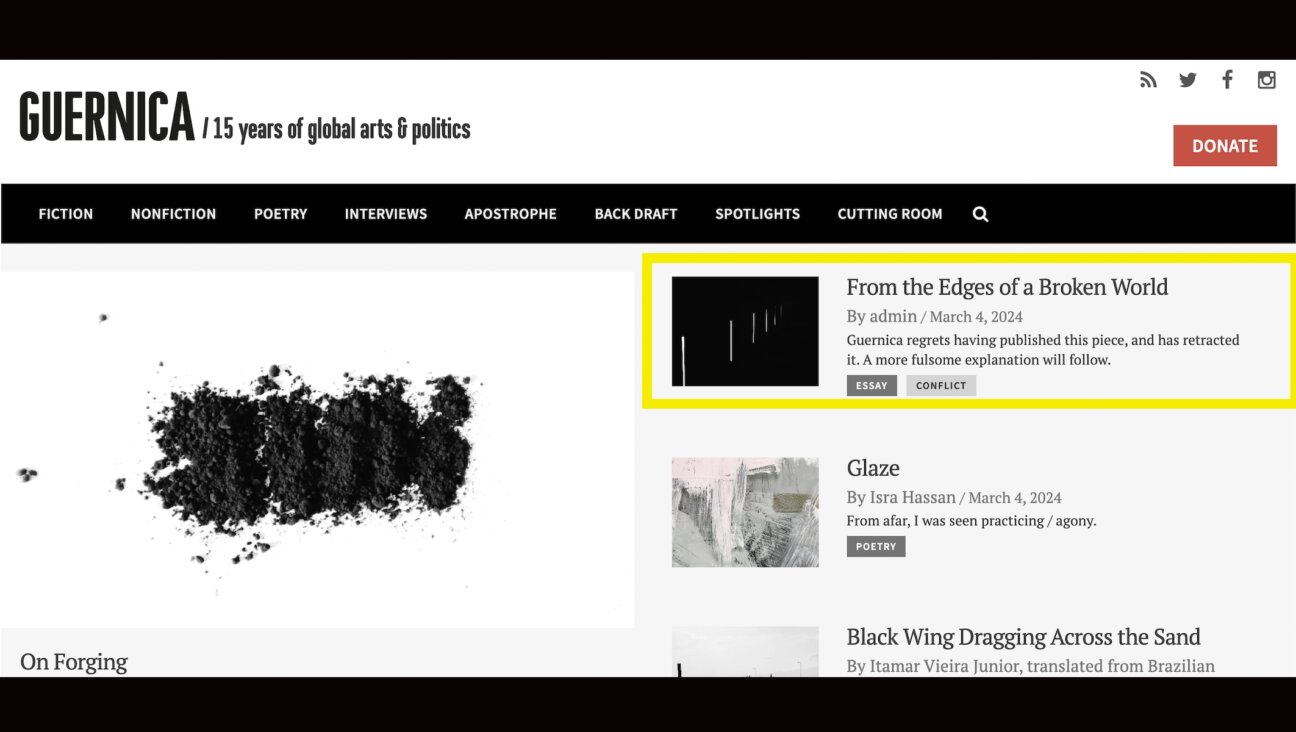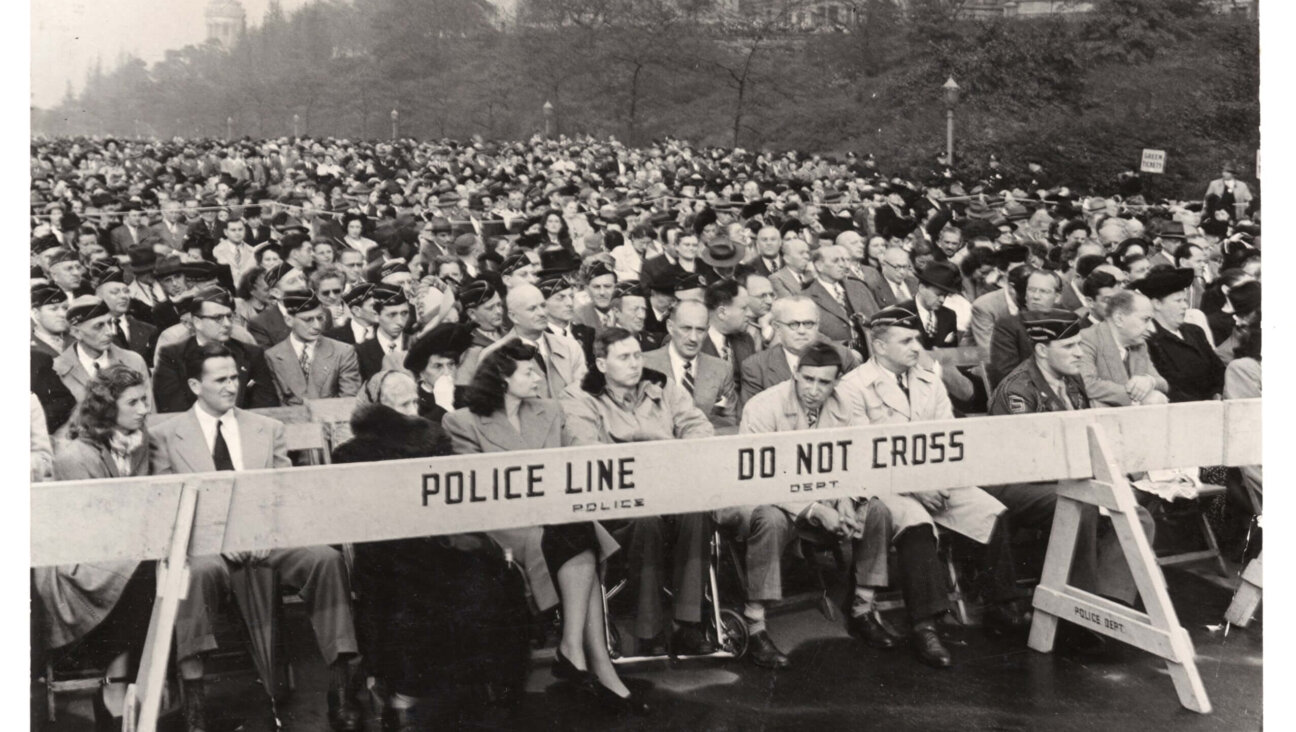I went to protest with my grown children. What I saw gave me hope.

And then something happened that made me proud to be an American. Protests arose in numbers not seen since the 1960s. Image by Getty Images
“He’s a human being, and a terrible thing is happening to him. So attention must be paid…” —Arthur Miller, Death of a Salesman
Last month, Derek Chauvin’s knee was held on George Floyd’s neck for eight minutes and 46 seconds, the last three minutes of which occurred after Floyd was no longer responsive. Three other officers looked on while Chauvin murdered Floyd. These individuals were peace officers, whose charge is to protect all of us, whether we are walking the dog, doing our business, or suspected of a crime. Attention is finally being paid to the murder of a Black man, immobilized and in custody, the latest in a string of such abominations.
That police brutality, mass incarceration and racial injustice continue to exist over 150 years after the Civil War ended makes me ashamed of our nation’s lack of progress. And then something happened that made me proud to be an American. Protests arose in numbers not seen since the 1960s. Importantly, these were protests not only of those discriminated against, but included those of us who have not suffered the indignities of racial injustice.
During the course of this week, my wife and I tagged along with our adult children to several of these. We saw people of various ethnicities and ages giving voice to their outrage. Each protest was peaceful and emotional, as has been the case with most of these demonstrations nationally. We saw not one act of violence, not one act of property damage, and, other than temporary street blockages, not one crime.
Most of the protesters were wearing masks (many were not, and I worry for them). That these protests occurred is not surprising; it would be surprising if they had not. That there was some graffiti tagged in anger isn’t okay, but understandable.
Demanding simply that the people be kept safe by the police — and from the police — is hardly radical. But it should impel us to demand real change. My concern is that property damage, which has been an unfortunate byproduct of these protests, might become the main “takeaway” for some.
It is perfectly natural that some subset of any large gathering of people will attract the few who opportunistically commit acts of violence. But these are the outliers and in many cases they were called out by the protesters and asked to refrain. Obviously, the destruction of property is wrong; but it wasn’t the objective of the protests.
Please don’t misinterpret my concern about the serious need for reform in policing in our country as somehow condoning violence in response. Violence of any type — whether committed by protesters, opportunistic looters, the police, or a population that has become armed to the teeth — is wrong.
Much of the media’s focus has been the repeated images of graffiti and confrontations with the police. The vast majority of the protesters were no more responsible for the destruction on Saturday than were you and I, sitting in our homes. But news of danger — news of violence — news that makes you scared, outraged, and frightened — that’s what sells. The news is manipulated by its purveyors to stoke our primal fears and force us to consume the news even more.
The destruction of property was a story, to be sure. But it wasn’t the story. The real story is the indignation of so many who stood in solidarity together against an epidemic of police violence, the target of which is most often black Americans. The minor story is that around the periphery of the protests were acts of vandalism and violence (not justifiable, but explainable). To focus on these distractions (much of which are brought on by senseless rhetoric and actions emanating from the White House) dilutes the lessons of this past week, and empowers those who choose not to act by focusing on some unfortunate byproducts of legitimate outrage.
While listening to a speaker at the protest on Thursday, I was trying to think what broader goals these protests accomplish. Being a temporary blip in the news cycle can’t be it. Expecting that our political leaders act upon these protests would be great and it seems to be happening. But sitting in the back seat of our car on Santa Monica, I contemplated what our presence might mean at that moment. Then it came to me that the greatest value of these protests may be simply that people were present — most of them not the victims of racism. Our presence, being a few more people in the crowd, so that those who truly are harmed by these injustices can see that there are a few more people out there standing with them, perhaps is the greatest value of all.
There are many in our society who believe that “the other” is a danger to them. There are many who believe that “the other” wants to harm them and make them unsafe. No doubt there are some who do.
But to those whom we might believe are “the other,” perhaps it is we who are “the other.” To them, the police are a danger. To them, racism makes them unsafe. How we police, who is allowed to join the ranks of the police force, how they do their job, and how we reintroduce community policing that builds up neighborhoods — this should be the focus of our concern — not a few outliers in protests that otherwise were peaceful and certainly justified.
What we have learned from these protests is a lesson we also have learned from our current viral crisis, namely, our inter-relationship with our fellow citizens. We have come to realize that the physical and mental health and the safety of others has a profound effect on us and our wellbeing.
As the Reverand Martin Luther King Jr. said in his Letter from Birmingham Jail over 50 years ago:
“I am cognizant of the interrelatedness of all communities and states. I cannot sit idly by in Atlanta and not be concerned about what happens in Birmingham. Injustice anywhere is a threat to justice everywhere. We are caught in an inescapable network of mutuality, tied in a single garment of destiny.”
Glenn Sonnenberg serves on the Boards of the Jewish Federation of Greater Los Angeles, Bet Tzedek, and the AJC. He is involved with multiple civic institutions in Los Angeles and is past president of Stephen Wise Temple.

I hope you appreciated this article. Before you go, I’d like to ask you to please support the Forward’s award-winning journalism this Passover.
In this age of misinformation, our work is needed like never before. We report on the news that matters most to American Jews, driven by truth, not ideology.
At a time when newsrooms are closing or cutting back, the Forward has removed its paywall. That means for the first time in our 126-year history, Forward journalism is free to everyone, everywhere. With an ongoing war, rising antisemitism, and a flood of disinformation that may affect the upcoming election, we believe that free and open access to Jewish journalism is imperative.
Readers like you make it all possible. Right now, we’re in the middle of our Passover Pledge Drive and we need 500 people to step up and make a gift to sustain our trustworthy, independent journalism.
Make a gift of any size and become a Forward member today. You’ll support our mission to tell the American Jewish story fully and fairly.
— Rachel Fishman Feddersen, Publisher and CEO
Join our mission to tell the Jewish story fully and fairly.
Our Goal: 500 gifts during our Passover Pledge Drive!
























